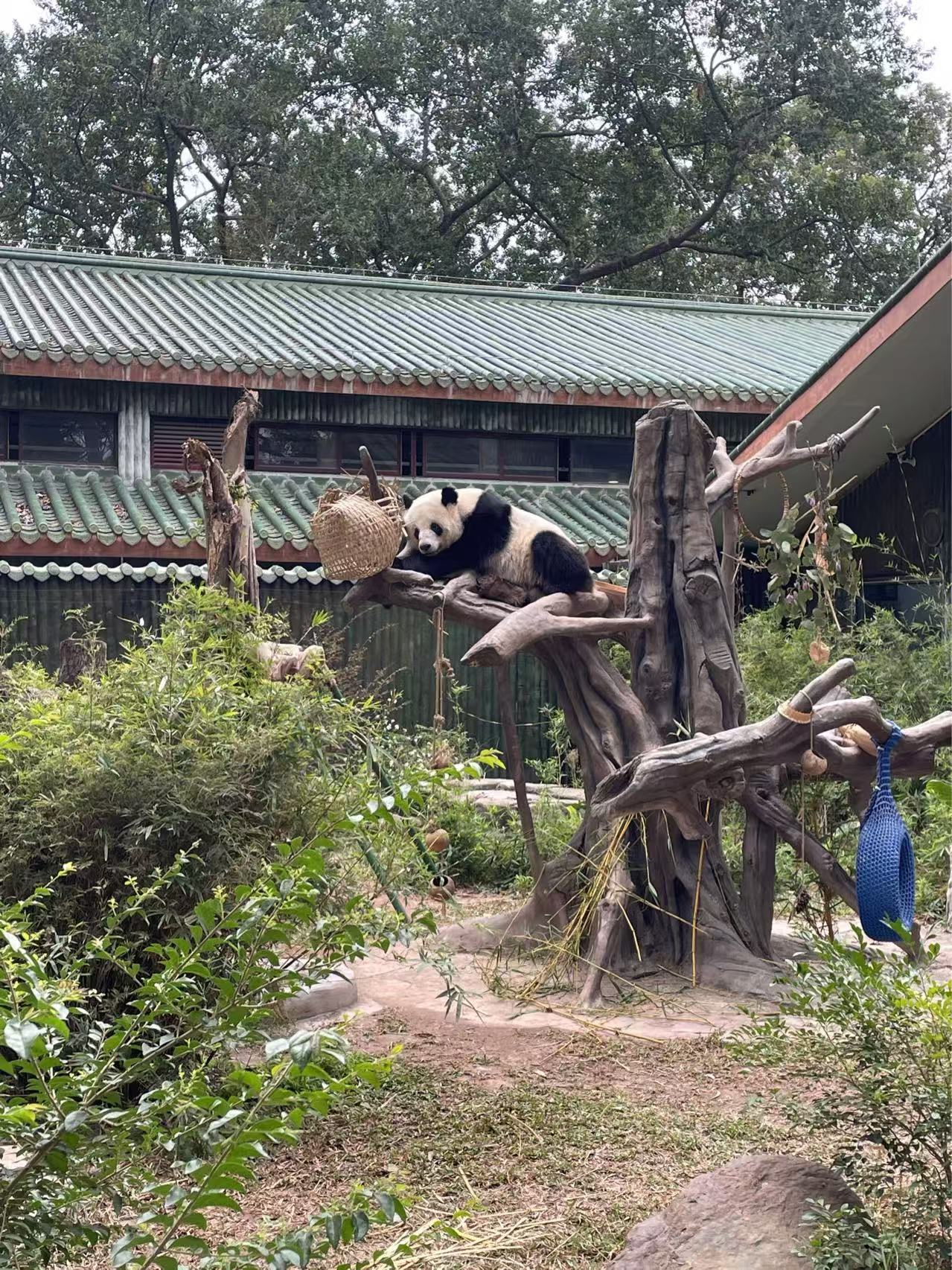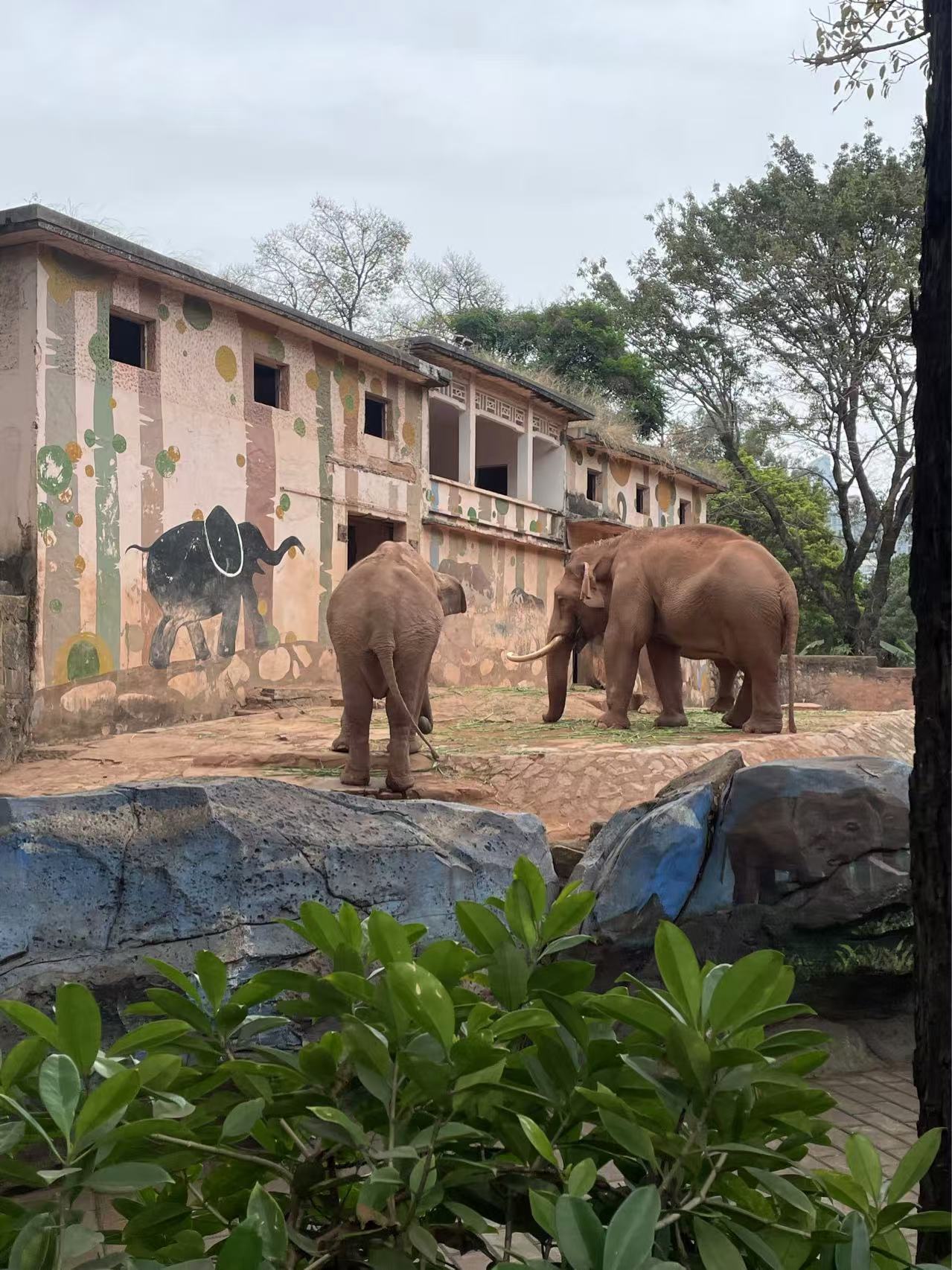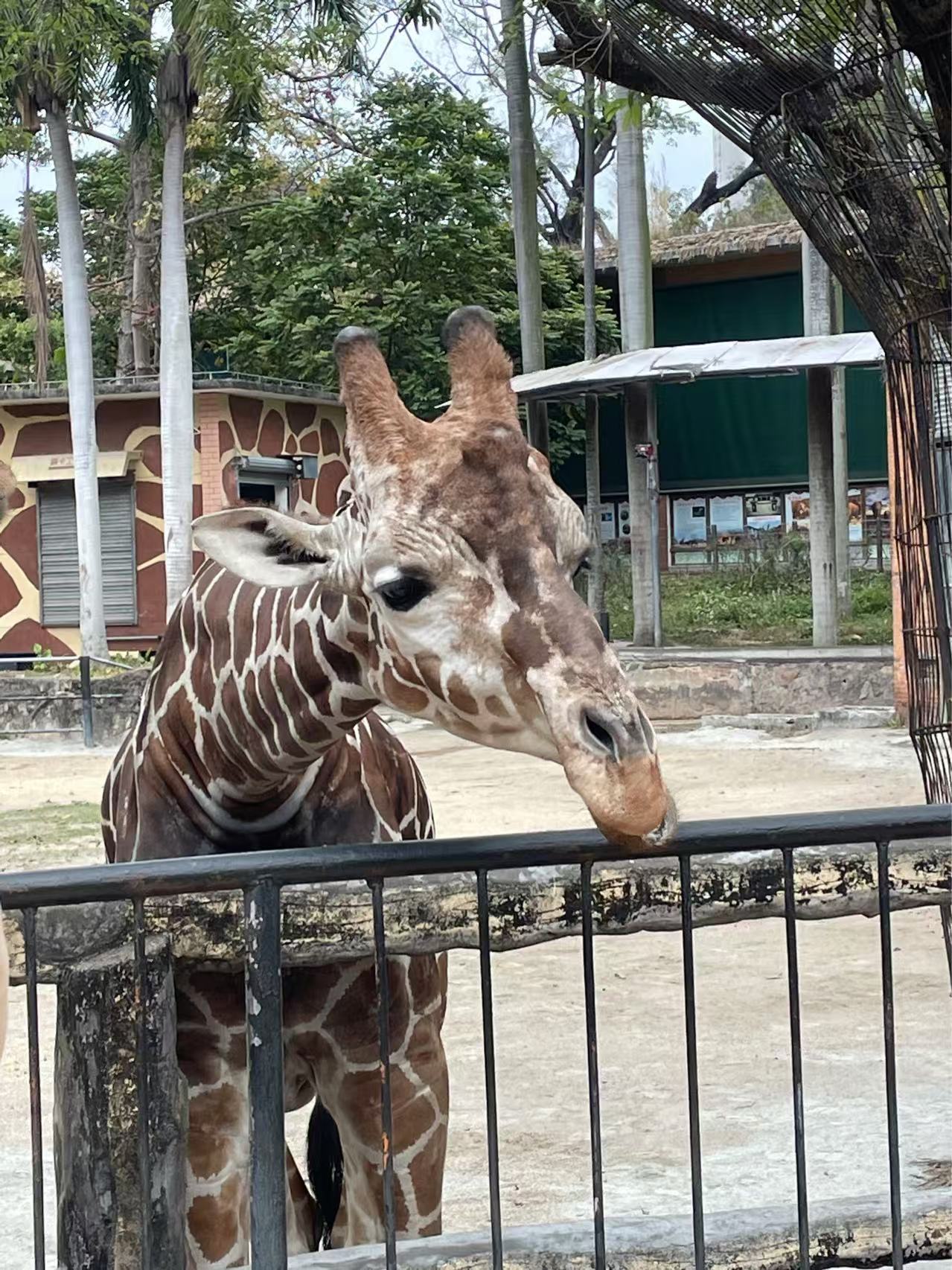- All
- Product Name
- Product Keyword
- Product Model
- Product Summary
- Product Description
- Multi Field Search
English


Views: 0 Author: aumabio Publish Time: 2024-10-15 Origin: aumabio and internet











In the heart of our bustling city, the zoo stands as a vibrant oasis, providing a peaceful sanctuary for animals far removed from the chaos of urban life. As a zoo keeper, this space was once a playground for children and a source of immense pride. However, over time, I realized the challenges posed by traditional soil planting methods in maintaining this delicate balance between greenery and animal health. The weight of the soil, the difficulty of maintenance, and the potential harm to the animals' health—these all started to hinder our vision for a more natural, healthy habitat.
Each year, I attempted to use traditional soil to enhance the zoo's landscape, hoping to add a touch of greenery and coolness. But the process was consistently frustrating. The soil was heavy, and after watering, it would compact, leading to poor drainage. Plants struggled to grow, and the soil became a breeding ground for diseases and pests that threatened the health of the animals. Every attempt felt like a setback.
I began dreaming of a solution that would not only support plant life but also promote the well-being of our animals and the environment. The challenge was clear: I needed something sustainable, effective, and easy to maintain.
My search for a solution led me to attend gardening exhibitions and sift through countless horticultural research papers. Then, one day, I stumbled upon an article in a modern horticulture magazine that seemed like a lightbulb moment. The article introduced π soil, a new type of soil-free potting medium. This innovative material was lightweight, eco-friendly, and offered excellent water retention and air permeability. I felt like I had finally found the answer.
Determined to see if this could work in our zoo, I decided to conduct a small-scale trial in several areas, replacing the traditional soil with π soil.
Once we introduced π soil to the zoo, the transformation was almost immediate. We planted a variety of species—delicate flowers, resilient shrubs, and small trees. To our delight, the plants began to thrive. The superior water retention kept them hydrated, even during the hot summer months, while the air permeability ensured healthy root development. Soon, the once barren and lifeless patches of the zoo were flourishing into vibrant oases, providing a more natural and healthy environment for the animals.
Walking through the zoo now, I am filled with pride. The plants growing in π soil have become a source of shade and refuge for the animals. They play beneath the cool canopy, their vitality and health significantly improved. The zoo has transformed into a thriving habitat, where animals not only have a more natural living space, but visitors also benefit from the beauty and tranquility of nature.
The addition of greenery has not only enhanced the habitat for the animals but also improved the visitor experience. Guests can now enjoy observing the animals in a more authentic, serene environment, and the zoo itself feels more connected to nature.
I often imagine what would happen if the entire zoo adopted π soil. The whole space would become a green network, filling every corner with vitality. It would not only help make the zoo a healthier place for the animals but also foster a deeper connection between visitors and nature. This change is more than just a greening process; it's a quiet revolution that makes our city more livable, sustainable, and harmonious with the natural world.
With π soil, we’ve created a new model for sustainable habitats within urban zoos. This soil-free medium has allowed us to overcome the challenges of traditional soil and improve the overall well-being of our animals. I look forward to seeing this solution expand, not just within our zoo, but across urban spaces everywhere.
Traditional soil was heavy, difficult to maintain, and prone to disease and pests. These factors posed health risks to the animals and made maintaining the habitats more challenging.
π soil is lightweight, offers excellent water retention and air permeability, providing an ideal environment for plant growth while reducing maintenance difficulties.
π soil has transformed barren areas into vibrant green spaces, improving the living conditions for animals and creating a more natural habitat. It also enhances the aesthetic appeal and ecological value of the zoo.
Yes, π soil is made from renewable resources and is eco-friendly, making it a more sustainable option compared to traditional soil.
π soil enables the creation of sustainable, healthy green spaces that improve the quality of life for both animals and visitors. It also allows for easier and more effective maintenance, ensuring the long-term health of the zoo's ecosystems.
By embracing π soil, our zoo is now a living example of how innovative solutions can harmonize with nature and provide healthy habitats for both animals and people. This simple change is a step toward creating greener, more sustainable spaces in urban environments.
A Comprehensive Guide To Soilless Cultivation Substrates: Classification And Selection
Encounter Pi Soil: Unlock New Horizons of Ecology And Aesthetics for Living Walls
Substrate Cultivation: A New Trend in Modern Agriculture And The Unique Advantages of Π Soil
Struggling with Plant Care As A Beginner? Deep Dive into 10 Core Elements To Become A Plant Master!
A Marvelous Duel in The Green World: Artificial Plant Walls Vs. Real Plant Walls
The Wall Revolution: How Pi Soil Flower Green Wall System Redefines "Vertical Eco-Aesthetics"
Planting Medium: An Emerging Material in The Landscape Greening Field
Advantages Analysis of Pi Soil: Water Absorption Rate And Environmental Performance
Exploring Vertical Plant Walls: The Leap From Natural Growth To Modern Ecological Aesthetics